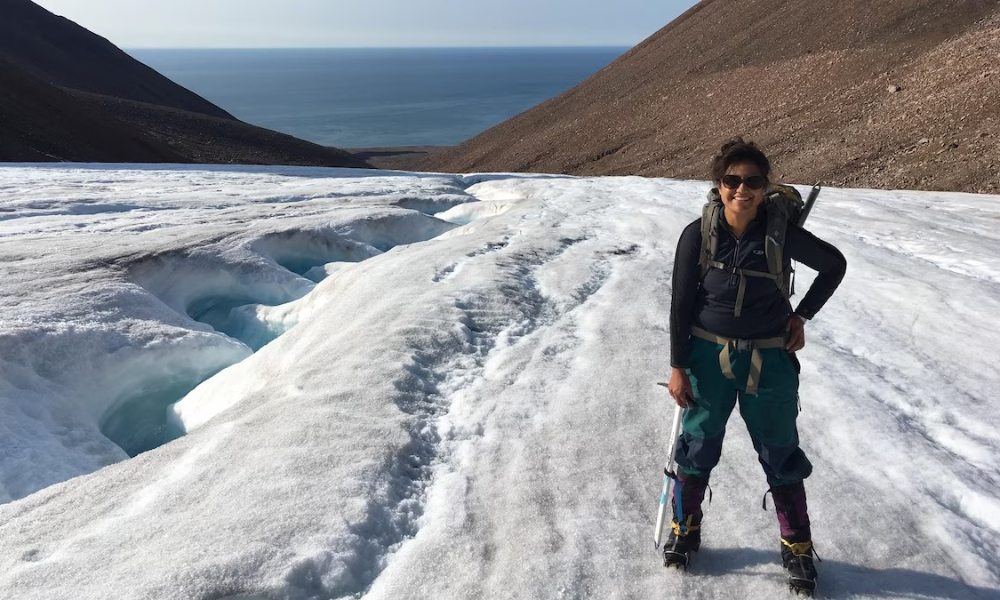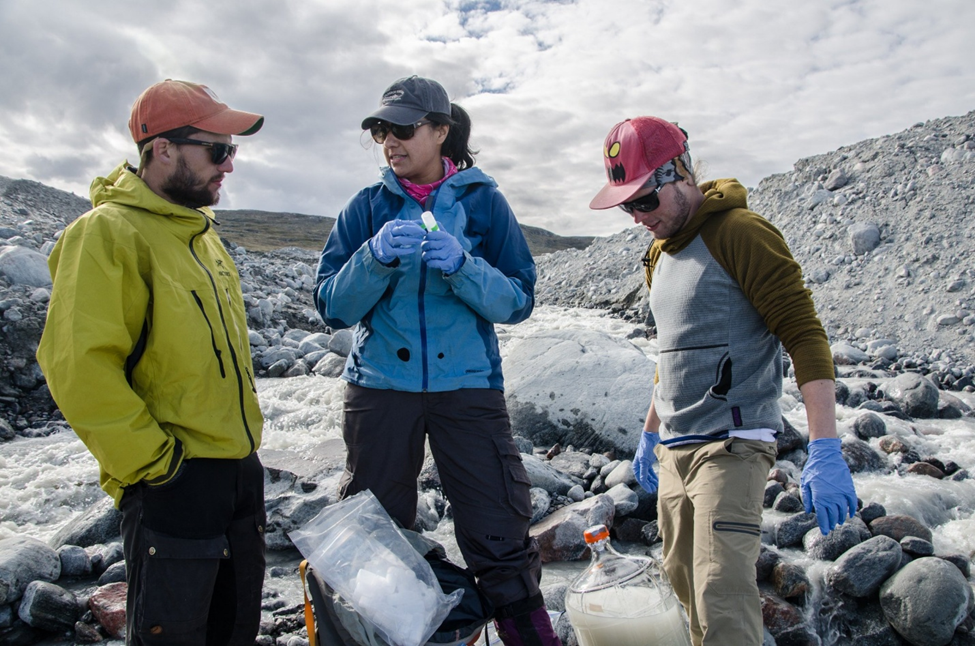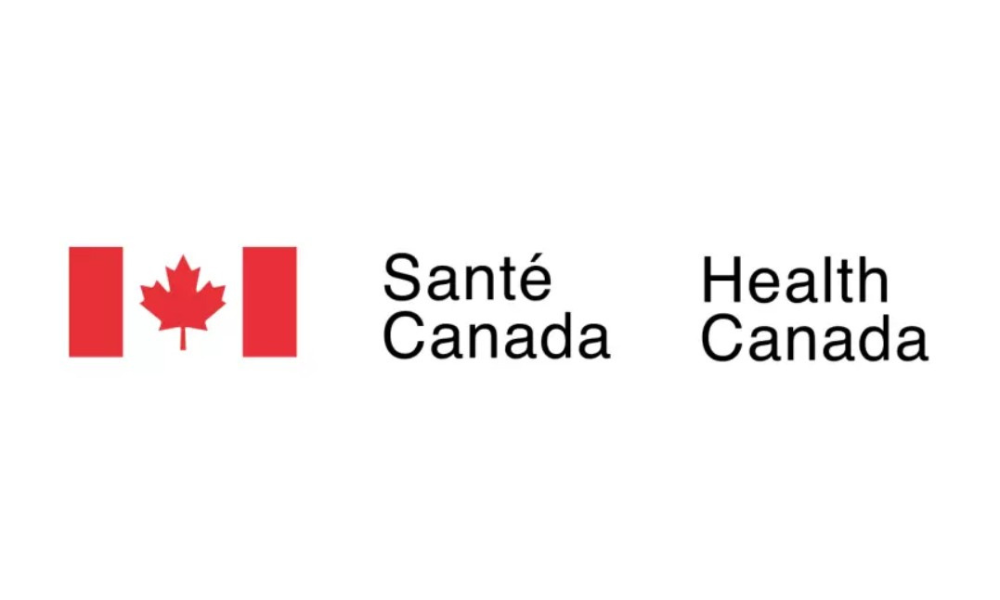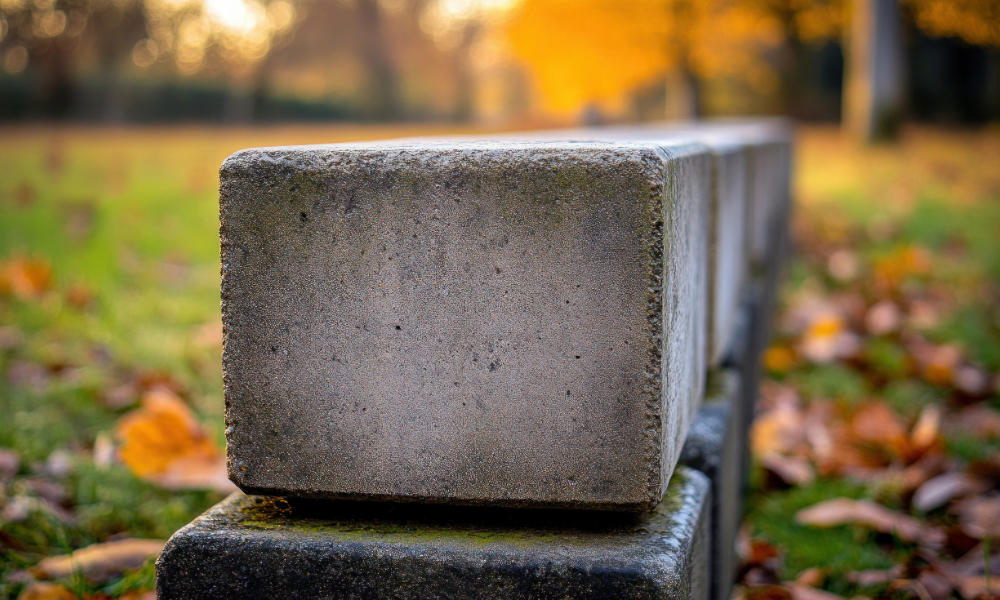'Sole purpose' to make research safer after Dr. Maya Bhatia fell into a glacier

The Arctic, with its pristine landscapes and unforgiving conditions, has long captivated the scientific community. Dr. Maya Pilar Bhatia was one such scientist, a bright and dedicated biogeochemist and glaciologist who ventured into these remote regions to study the impact of climate change. Tragically, she vanished at Jakeman Glacier in Grise Fiord, leaving her family and colleagues grappling with grief and searching for answers.
Her father, Ramesh Bhatia, has embarked on a determined quest to ensure accountability and prevent similar tragedies in the future.
"My sole purpose is to make sure such a tragedy does not happen again," says Bhatia. "Arctic is a very unforgiving place. If the research is important, we must ensure our scientists are not exposed to such risks."

Dr. Maya Bhatia (centre) conducting field work in Greenland. Source: X/Dr. Sarah Das)
A promising career cut short
Maya was a distinguished researcher at the University of Alberta, renowned for her work on the effects of melting glaciers on ocean ecosystems. She had a PhD, a postdoctoral fellowship, and was recognized with the CNC/SCOR Early Career Ocean Scientist Award in 2022.
On the day of the accident, August 16, 2023, she was conducting fieldwork at Jakeman Glacier with her student, Jenifer Spence, and helicopter pilot, René Gysler. According to the witness affidavits, the weather conditions had been severe, with high winds and heavy mist. Maya was collecting a water sample from a supraglacial stream when she slipped and fell into the fast-moving water.
Despite attempts by Spence and Gysler to save her, Maya was swept into a moulin, a vertical shaft in the glacier, like a waterfall, and was lost. Her body has not been recovered.
Safety deficiencies on the expedition
Maya's death raises questions about the safety protocols in place during the field expedition. Spence's affidavit describes the chaotic and dangerous conditions on the glacier, noting that the helicopter could not shut down its engine due to the high winds and slippery surface. "The pilot decided not to shut the engine and keep the rotor running," she recalled. "This made the situation even more precarious."
Bhatia has been advocating for better safety equipment and training for researchers working in such hazardous environments. "There should be ropes, braces, or a winch mechanism for effective rescue," he insisted, which he says were not equipped on the helicopter during the field expedition. "We can send a drone to another planet and bring back samples, yet we don't have the necessary equipment to ensure the safety of our scientists here on Earth."
Additionally, Bhatia recalls Maya feeling “stressed out” about needing to share the helicopter with another group of researchers who, like Maya, were being supported by the Polar Continental Shelf Program (PCSP), a federal agency that supports arctic research, including sourcing and providing transportation.
Bhatia says the unexpected accommodation put Maya in a position where he says she felt “pressured” to seize her opportunity to travel to the glacier to collect the water sample on the day of her death, despite the unfavourable weather conditions.
A father's determined pursuit
Maya’s father has been relentless in his pursuit of accountability and safety improvements but has faced significant challenges in his quest for answers. He’s not interested in blame or money, but rather wants to make sure a similar tragedy never happens again. "We are not seeking financial compensation. We want accountability and safety measures to be put in place,” explains Bhatia.
The University of Alberta initially promised a "prompt, thorough, and transparent inquiry" according to Bhatia, but later refused to share the full details of its investigation. "They talked about transparency but then refused to share their report," Bhatia laments.
In a statement, the school says it will not be releasing its investigation report because “the Nunavut and Northwest Territories Workers’ Safety and Compensation Commission (WSCC) investigation is ongoing.”
But the WSCC tells Canadian Occupational Safety it has completed its investigation. It too is not publicly releasing the investigation report. It says it has been in communication with the family regarding the status of the investigation. But Bhatia has not seen the report.
“Details of WSCC investigations, individual reports or directions issued to specific employers are not available for public release under the Access to Information and Protection of Privacy Acts and the Safety Acts,” reads the statement.
Similarly, the PCSP also references an “ongoing investigation” as a reason for being “unable to comment further.” It does say health and safety is a priority and that “all contracted operators are required to meet federal safety requirements for the services they provide, including airlift services.”
Transport Canada is responsible for enforcing Canadian Aviation Regulations and provided a statement saying, “these regulations contain provisions that address airworthiness requirements, flight crew member requirements, general operating and flight rules, aircraft equipment requirements including survival and first aid equipment etc.”
The regulator didn’t name the helicopter operator or say whether it violated the regulations by not having rescue equipment on board. Instead it says it “publishes its corporate and non-corporate offenders lists to both serve as a deterrent and to increase public awareness and education concerning aviation safety.”
"We need a regulatory authority to ensure all safety requirements are met," Bhatia emphasizes. "There must be someone responsible for verifying that the necessary equipment and protocols are in place."
Safety improvements made at University of Alberta
While the school has not been transparent with its investigation report, the findings have led to safety enhancements at the university.
“The recommended actions are related to hazard management, emergency response, and roles and responsibilities. The university has worked diligently to implement all recommended actions as soon as possible, including a new field research safety training program,” explains the University of Alberta in a statement.
“The university has also made a commitment to (1) securing dedicated health and safety expertise in support of the teams undertaking arctic research, (2) establishing a community of practice amongst arctic research collaborators to improve arctic field safety, and (3) working with various partners to secure dedicated funding for arctic field research safety.”
The human toll
The personal toll of Maya's death on her family is immeasurable. Bhatia, who is legally blind and in his mid-80s, has struggled with the loss of his daughter while worrying about his two grandchildren. "It's so hard to cope with this at my age," he shared. "We worry about the long-term impact of this trauma on Maya's children."
Despite his grief, Bhatia has found strength in his mission to improve safety for other researchers. He has been in touch with community leaders in Grise Fiord, hoping to establish better emergency response capabilities. "I am trying to make some sort of grant to them in Maya's name," he said. "Not that we are very rich, but we feel we have to do something."
A legacy of safety and accountability
Maya Bhatia's legacy is one of scientific excellence and deep commitment to understanding the impacts of climate change. Her father's quest for accountability and safety improvements aims to honour her memory and ensure that no other family must endure such a tragedy. "We are not seeking punishment," he clarifies. "We just want to make sure this doesn't happen again."
As the scientific community continues to explore the Arctic's mysteries, the lessons from Maya’s life and death serve as a poignant reminder of the need for robust safety measures and transparent accountability. Bhatia's relentless pursuit of these goals is a testament to his daughter's enduring impact and the vital importance of protecting those who venture into the world's most challenging environments for the sake of knowledge and progress.





